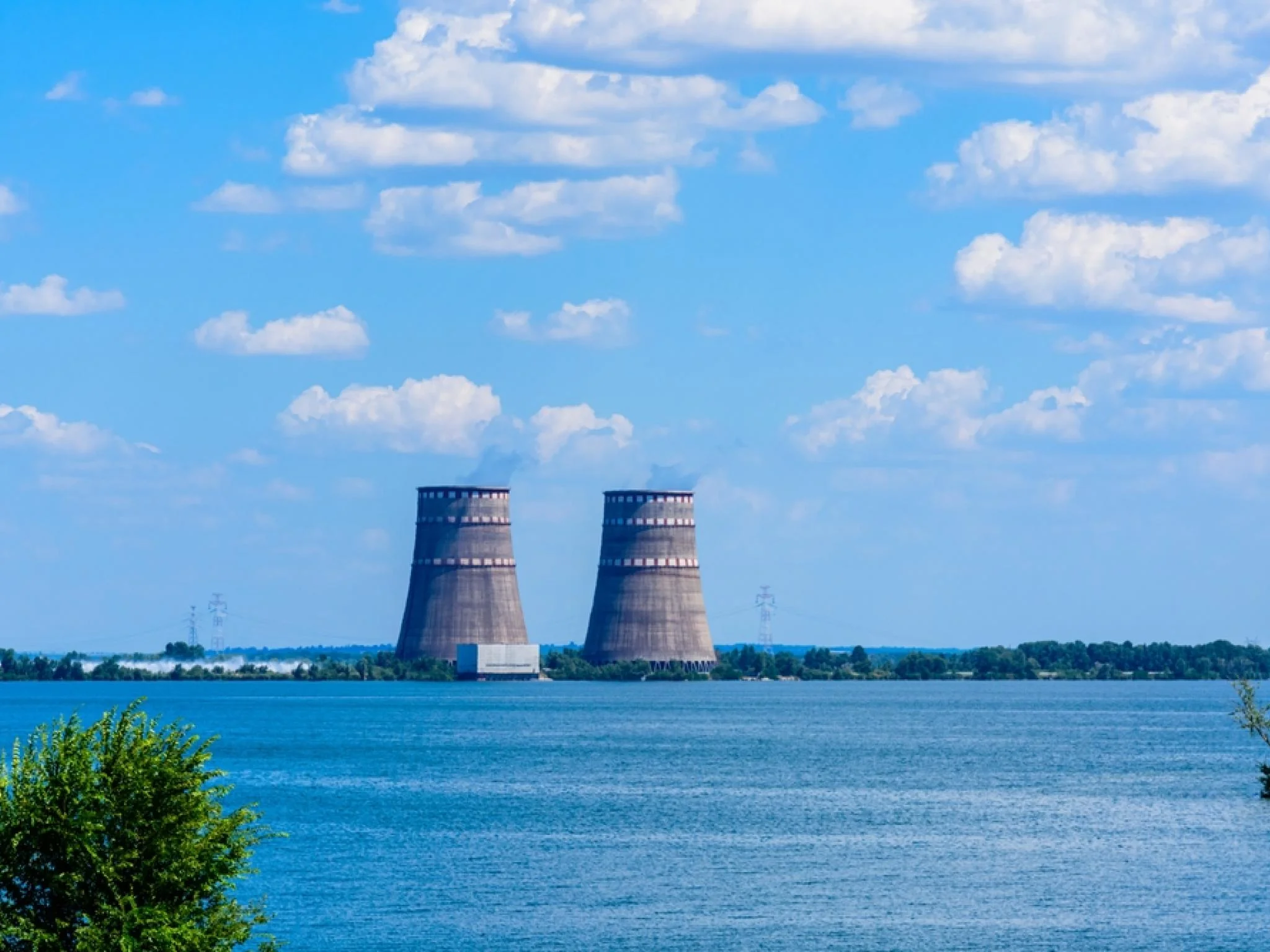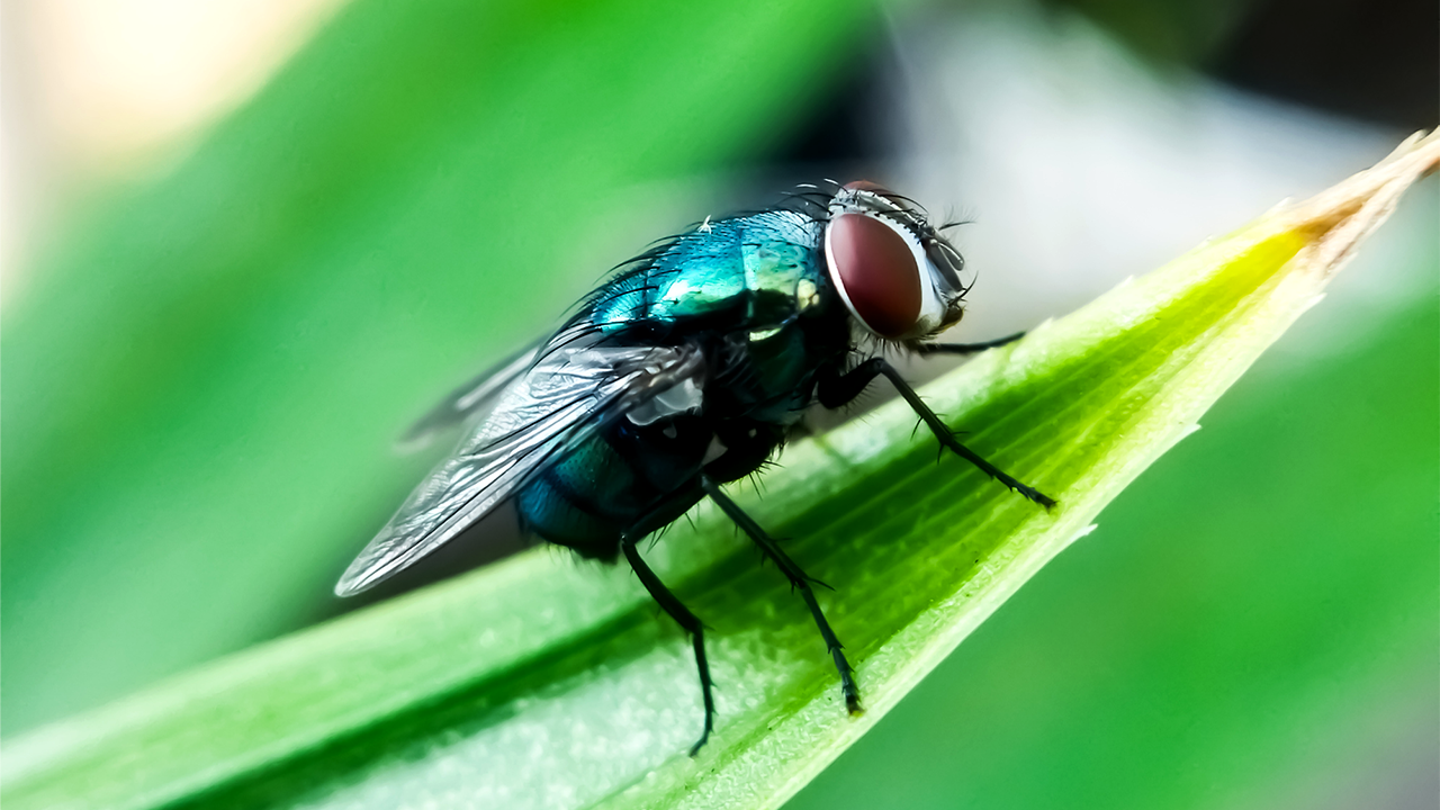More than two billion people lack access to safe water around the world. This includes in the U.S., which has its share of regionalized water-related issues. A new study from The Harris Poll, commissioned by Bayer, confirms Americans recognize the myriad concerns associated with water, including inequitable access, safety and combatting drought. In fact, nearly two in three (61%) Americans are concerned about “ensuring everyone has their fair share of clean water” while more half are concerned about the safety of their local water supply (54%) and ensuring they personally have access to clean water (57%). Across the board, Hispanic and Black Americans are more likely to be concerned about water issues than their white counterparts.“The water crisis is happening right now, everywhere on our planet – and we are still not doing enough to fight it,” said Matthias Berninger, Executive Vice President of Public Affairs at Bayer U.S. “The concrete, scalable solutions we need to combat the crisis are within our reach, but I believe to get us there, we need more commitment from the private sector, more wide-ranging cooperation, and overarching political action. At Bayer, our vision of ‘Health for All, Hunger for None’ mandates we do our part to make water accessible, clean and abundant.”
In support of expanding education of the global water crisis, Bayer US is the lead sponsor of Mina Guli’s Run Blue campaign. Mina is a renowned water advocate who is running 200 marathons in a year (March 2022 – March 2023) and engaging with local stakeholders along the route to raise awareness around water issues and inspire action. She will close out the year by running with Bayer employees in Washington D.C. at the National Mall and in New York City’s Central Park. Mina will complete her 200th marathon at the United Nations in New York on March 21st, just prior to World Water Day.
“The world still turns a blind eye to our worsening water crisis, even though its effects are very real. I’ve seen how drought, dried up lakes, a lack of access to water or extreme events like floods shape people’s lives across the globe and in the US. Addressing the water crisis requires real action from everyone, including businesses,” said Mina Guli. “That’s why it’s so impactful for a company like Bayer to make water a priority in its operations, supply chain and innovations.”
The water crisis has a ripple effect that impacts many aspects of environmental concern. It is more complex than just water shortages; it is also about increased floods and storms, warming oceans and lakes, and contaminated water. In one of the biggest findings of the Harris Poll survey for example, three in four (73%) Americans say they do not drink water directly from the tap in their homes, relying on filters or bottled water instead. Interestingly, when asked to evaluate their level of concern about specific water issues, 60% of Americans said they were extremely or moderately concerned about the plastic used for bottled water. This is one ripple in the need for access to clean water. Separately, of those who drink mostly bottled water, half (47%) are from households earning less than $50,000 annually, highlighting the impact clean water access can have for low-income households.
“Water is everybody’s business,” Berninger adds. “It’s up to businesses across all sectors to voluntarily reduce the water footprint of their own activities, invest in innovations that help their customers to become increasingly water-smart, scrutinize their supply chains for planet-conscious water management, and incorporate water use in their investment decisions.”
As a leading company in agriculture and health, Bayer has joined the fight to combat the water crisis by developing innovative solutions for one of the most water-intensive sectors. Some of the current solutions include:
Advanced breeding — with between 34-43% of the world’s irrigation water going to irrigated rice, finding solutions that boost the water efficiency of rice cultivation are critical. Our plant scientists continue to pursue modern breeding methods to develop locally adapted hybrids that have higher flooding and drought tolerance.
oArize® hybrid rice seed AZ 7006 is specially designed to survive even in extreme flood conditions, producing consistent yields even under unfavorable weather conditions.
oArize® 6444Gold, require less water, energy, labor and seeds than conventional transplanted rice.
Irrigation technologies—with irrigation accounting for the lion’s share of agriculture’s water consumption, precision agriculture contributes to significant water savings as well as optimization of energy, labor and use of inputs such as crop protection and fertilizers. We are partnering with irrigation pioneers like Netafim and BGN Tech to develop and promote automated irrigation systems that use up to 60% less water, and significantly less energy, than conventional irrigation.
Conservation Tillage systems (strip-till; no till) – the adoption of adapted tillage techniques reduces run-off, increases infiltration rates and decreases the evaporation of water in the soil, contributing to improved soil moisture and better soil quality, and ultimately, less water needed for irrigation.
For more information about Bayer’s U.S. sustainability efforts, please visit https://www.bayer.com/en/us/united-states-sustainability.
Research Methodology
The research was conducted online in the USA by The Harris Poll among 2069 adults between February 9 – February 13, 2023. Data are weighted where necessary by age, gender, race/ethnicity, region, education, marital status, household size, employment status (full-time/part-time), household income, and propensity to be online to bring them in line with their actual proportions in the population.
Respondents for this survey were selected from among those who have agreed to participate in our surveys. The sampling precision of Harris online polls is measured by using a Bayesian credible interval. For this study, the sample data is accurate to within + 2.8 percentage points using a 95% confidence level. This credible interval will be wider among subsets of the surveyed population of interest.
All sample surveys and polls, whether or not they use probability sampling, are subject to other multiple sources of error which are most often not possible to quantify or estimate, including, but not limited to coverage error, error associated with nonresponse, error associated with question wording and response options, and post-survey weighting and adjustments.
Bayer US Joins the Fight to Combat Water C
risis




